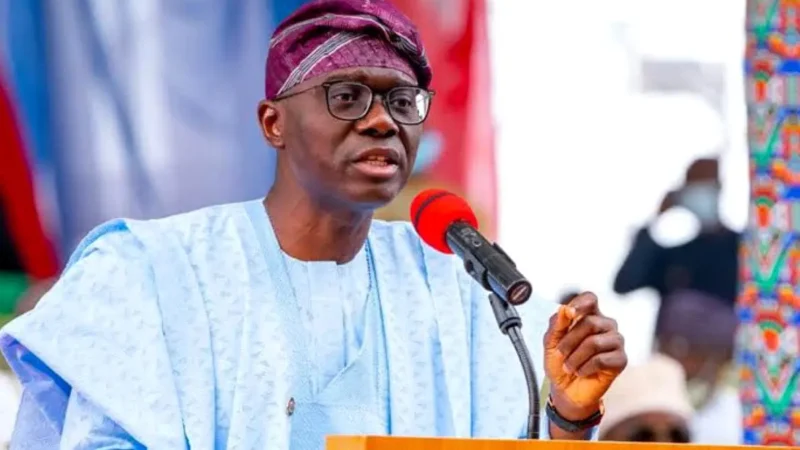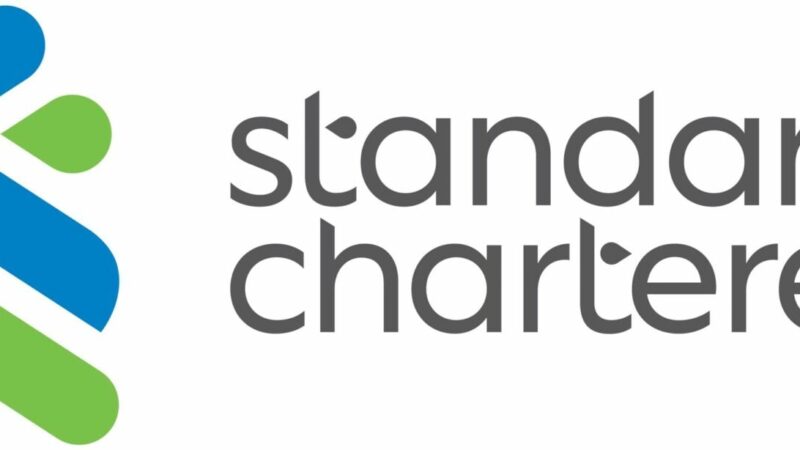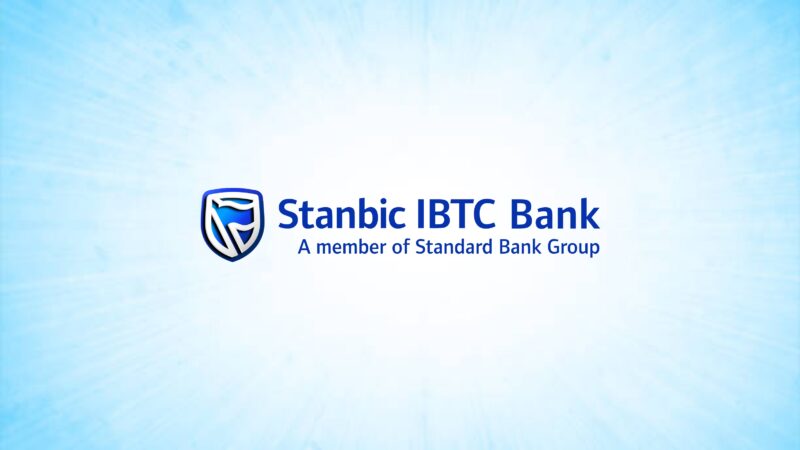AfDB flags project execution gaps as Africa’s growth hurdle
 The African Development Bank has cautioned that Africa’s economic growth will remain constrained unless governments and institutions improve the design and execution of infrastructure and development projects.
The African Development Bank has cautioned that Africa’s economic growth will remain constrained unless governments and institutions improve the design and execution of infrastructure and development projects.
Speaking at the PMI Global Summit Series Africa in Kigali, AfDB officials and nearly 1,000 delegates argued that without better planning and execution, the continent’s vast economic potential will remain untapped.
The Summit, the largest of its kind on the continent, served as a powerful platform to discuss how Africa can turn its vast potential into reality through bankable projects, professional project management, and strategic partnerships that deliver long-term impact.
“The world is becoming more African,” former President of the AfDB, Dr. Akinwumi Adesina, said in an emailed statement, noting that one in four people on the planet will soon be African
With 65 per cent of the world’s uncultivated arable land, abundant critical minerals for the green transition, and 13 of the world’s fastest-growing economies, he said Africa is poised to drive global prosperity if it can deliver projects that are technically, financially, and operationally sound.
Adesina pointed to the AfDB’s High 5 priorities, Light up and Power Africa, Feed Africa, Industrialise Africa, Integrate Africa, and Improve Quality of Life, which have already impacted over 565 million people.
“Projects must not just exist on paper,” he said. “They must change lives. As one Kenyan beneficiary told me, ‘We once were in darkness. Now we have light.’ That is the true measure of success.”
Expanding on this message, Director of the AfDB’s Development Impact and Results Department, Armand Nzeyimana, said the continent faces a critical shortage of bankable projects.
He defined a bankable project as one that meets three core criteria: technical feasibility with proven designs, financial viability with clear revenue models, and robust risk management that addresses currency, political, and market uncertainties.
“Without these fundamentals,” Nzeyimana warned, “even the most noble intentions cannot secure the financing needed to move from paper to reality.”
He added that poorly prepared projects often suffer delays of up to 50 per cent, stretching timelines and undermining developmental impact.
“The cost of delay is not just financial; it is developmental. Every missed deadline slows progress on the Sustainable Development Goals and leaves millions without essential services. Today, 600 million Africans remain without electricity. That statistic will not change without bankable projects.”
The summit also highlighted Rwanda as a model for purposeful project execution. Kigali’s rapid transformation, including major infrastructure developments and its growing role as a hub for tourism, innovation, and sport, demonstrated what disciplined planning and strategic execution could achieve.
“Kigali is changing by the day,” Adesina said. “It shows what is possible when vision is matched with planning and delivery.”







